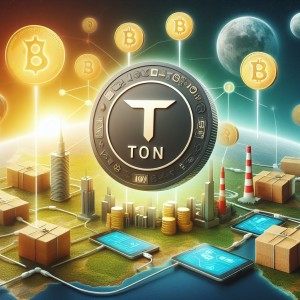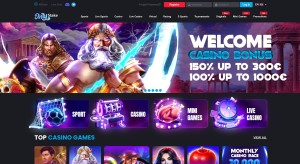The launching of the Bitcoin network has led to many questions, primarily whether it could become a universal global currency with affordable transactional costs and low maintenance. Are transactions quick enough for small purchases and secure enough for enterprise-level contracts? As we now know, scalability turned into a significant obstacle for Bitcoin and many other altcoins, on the way to becoming a universal global currency.
When the size of the distributed ledger grew, it required a high level of maintenance and resources to keep it secure and operational. That impacted the scalability of Bitcoin. On one hand, blockchain stored records of millions of wallets and transactions, while on the other, it required the processing power to carry out these tasks quickly. At the time of writing, Bitcoin’s average block confirmation time is around 10 minutes.
Jax.Network precisely aims to solve this scalability problem with its decentralized, secure, and scalable blockchain. As Bitcoin has a severe scalability problem and is not ready to assume the role of de facto global digital currency, JAX provides the support structure through its network to improve scalability and decentralization.
Decentralized, stable, and scalable JAX coins
Jax.Network is anchored to the Bitcoin blockchain that complies with the JaxNet protocol and issues decentralized, stable, and scalable JAX coins. The network’s primary objective is to turn these coins into a universal standard for measuring economic value.
Another major problem that the Bitcoin network has is the centralization of resources. The processing power required to keep the blockchain operational can only be met by large organizations that have invested millions of dollars in ASIC equipment. The Jax.Network also tackles this issue by introducing and implementing merged mining, allowing weak nodes to verify the state of transactions on a particular shard.
Merged mining is a procedure of mining two or more cryptocurrencies simultaneously without affecting the overall mining performance. It also means more financial opportunities for the miners as they can collect profits from mining multiple coins and collect their respective transaction fees. While the hashing algorithm is identical, profits are not the same.
Unlimited number of transactions every second
The problem of scalability is solved by the Jax.Network’s sharding solution, which allows for a virtually unlimited number of transactions per second rivaling the speed of centralized payment processors like MasterCard and Visa. The unmatched scalability does not come at the cost of security as the network remains decentralized and secure.
Sharding is a crucial concept in the JaxNet protocol. It refers to the process of breaking up large data sets into smaller ones called shards and storing them individually.
Sharding in Jax.Network relies on pure state sharding, which means that accounts, transactions, and validators are distributed between shards. That’s why the verification of a specific transaction doesn’t require any information of the preceding transaction in other shards.
Sharding and the JaxNet protocol
Sharding reduces the amount of information required to be processed and stored by a single node, ultimately resulting in improved scalability. Although sharding comes with the challenges of security and tool requirements for transferring funds between accounts in different shards, the Jax.Network handles both of these problems.
Apart from the merged mining and sharding solutions aimed at overcoming the centralization of resources and scalability challenges, Jax.Network also brings a universal reward function. A block reward depends on the Proof-of-Work difficulty, meaning the value of every JAX coin created is mathematically equal across the universe.
To sum it up, a combination of sharding, merged mining, and universal reward function helped Jax.Network provide the solution for a scalable, decentralized and secure blockchain, thus proving that the blockchain trilemma is a solvable quandary.





